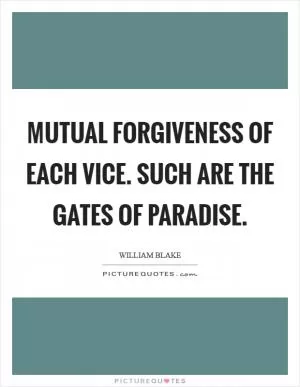Those who control their passions do so because their passions are weak enough to be controlled

Those who control their passions do so because their passions are weak enough to be controlled
William Blake, the renowned English poet, painter, and printmaker, was a visionary artist who often explored the complexities of human nature in his works. One of the recurring themes in Blake's poetry is the idea of controlling one's passions. In his view, those who are able to control their passions do so because their passions are inherently weak and easily subdued.Blake believed that the human soul is a battleground where opposing forces of good and evil, reason and passion, constantly vie for dominance. In his poem "The Marriage of Heaven and Hell," Blake famously wrote, "Those who restrain desire, do so because theirs is weak enough to be restrained." This line encapsulates Blake's belief that those who are able to control their passions do so not out of strength or virtue, but because their passions are feeble and easily tamed.
For Blake, the true test of character lies in the ability to embrace and harness one's passions, rather than suppress them. In his poem "The Tyger," Blake explores the fierce and primal nature of the human spirit, symbolized by the titular creature. The Tyger represents the untamed passions and desires that dwell within each individual, waiting to be unleashed.












 Friendship Quotes
Friendship Quotes Love Quotes
Love Quotes Life Quotes
Life Quotes Funny Quotes
Funny Quotes Motivational Quotes
Motivational Quotes Inspirational Quotes
Inspirational Quotes